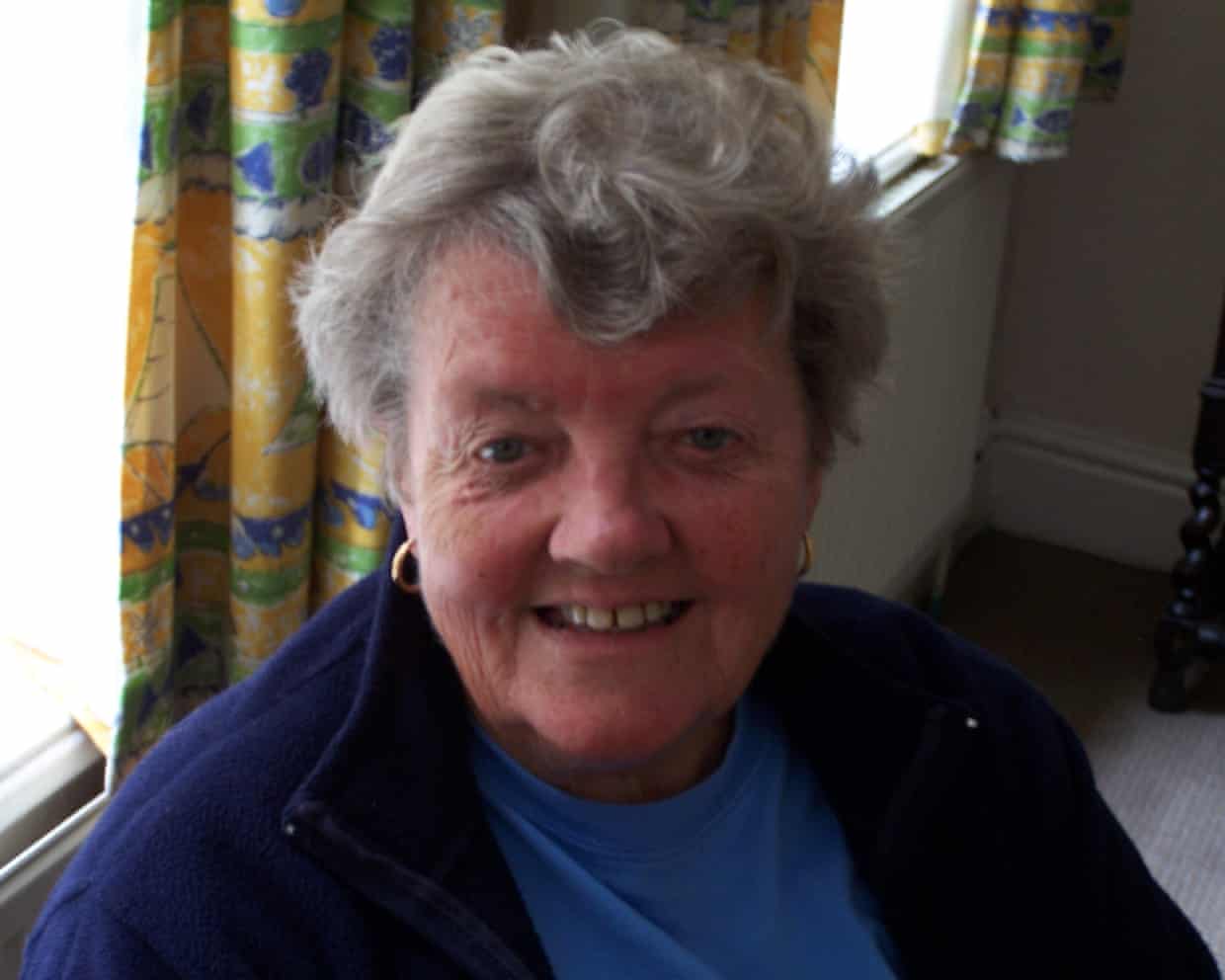Health
Dr. Jill Tattersall, Pioneer of Family Planning, Passes at 95

Dr. Jill Tattersall, a significant figure in the evolution of healthcare, particularly in the realm of family planning, passed away at the age of 95. Her contributions, notably the establishment of a clinic focused on providing contraception for unmarried women and underage girls in the 1960s, transformed access to reproductive health services in the United Kingdom.
Born in Epsom, Surrey, in 1928, Jill Tattersall pursued a career in medicine despite the barriers women faced in the profession. After multiple applications, she was finally admitted to medical school at Sheffield University in 1950, reportedly after her father wrote to the dean advocating for her potential. She graduated as a doctor in 1956, initially training in obstetrics and gynaecology before shifting her focus to family planning, a then-emerging field.
During the 1960s, access to birth control through the NHS was largely restricted to married women, leaving many young women without essential healthcare services. Recognizing this significant gap in care, Dr. Tattersall, along with dedicated colleagues, established the 408 Young People’s Consultation Centre in Sheffield in 1966. The centre, located in a converted terrace house, provided crucial psychological support, counselling services, and access to contraception for young women—services that were not available through the mainstream health system until 1974. This initiative continued to operate until 1999, leaving a legacy of improved healthcare access for future generations.
After her marriage to Lawrence Tattersall in 1959, Dr. Tattersall worked for the Sheffield health authority, managing clinics and offering her expertise at the 408 centre. Following her husband’s retirement in 1990, they relocated to Lindale, Cumbria, where she continued her practice in Barrow-in-Furness until near the age of 70. She specialized in psychosexual medicine, gaining a reputation for her ability to address and counsel patients on sexual health issues.
Dr. Tattersall’s passion for travel began early, with a notable trip to the USSR in 1953 as a delegate for the British Student Labour Federation. Throughout her life, she expanded her horizons with extensive travels, including visits to clinics in Zanzibar and Palawan in the Philippines, where she actively supported healthcare initiatives.
After the death of her husband in 2002, she remained engaged with her community, participating in local parish councils, and continued to cherish her family, including her three children—Jane, Luke, and her youngest child—and six grandchildren.
Dr. Jill Tattersall leaves behind a remarkable legacy in the field of healthcare, particularly in reproductive rights and family planning. Her dedication to improving access to critical health services has made a lasting impact, serving as an inspiration for future generations in the medical profession.
-

 Lifestyle5 months ago
Lifestyle5 months agoLibraries Challenge Rising E-Book Costs Amid Growing Demand
-

 Sports4 months ago
Sports4 months agoTyreek Hill Responds to Tua Tagovailoa’s Comments on Team Dynamics
-

 Sports4 months ago
Sports4 months agoLiverpool Secures Agreement to Sign Young Striker Will Wright
-

 Lifestyle4 months ago
Lifestyle4 months agoSave Your Split Tomatoes: Expert Tips for Gardeners
-

 Lifestyle4 months ago
Lifestyle4 months agoPrincess Beatrice’s Daughter Athena Joins Siblings at London Parade
-

 Science4 months ago
Science4 months agoSan Francisco Hosts Unique Contest to Identify “Performative Males”
-

 World4 months ago
World4 months agoWinter Storms Lash New South Wales with Snow, Flood Risks
-

 Science5 months ago
Science5 months agoTrump Administration Moves to Repeal Key Climate Regulation
-

 Business5 months ago
Business5 months agoSoFi Technologies Shares Slip 2% Following Insider Stock Sale
-

 Science5 months ago
Science5 months agoNew Tool Reveals Link Between Horse Coat Condition and Parasites
-

 Sports4 months ago
Sports4 months agoElon Musk Sculpture Travels From Utah to Yosemite National Park
-

 Science5 months ago
Science5 months agoNew Study Confirms Humans Transported Stonehenge Bluestones









